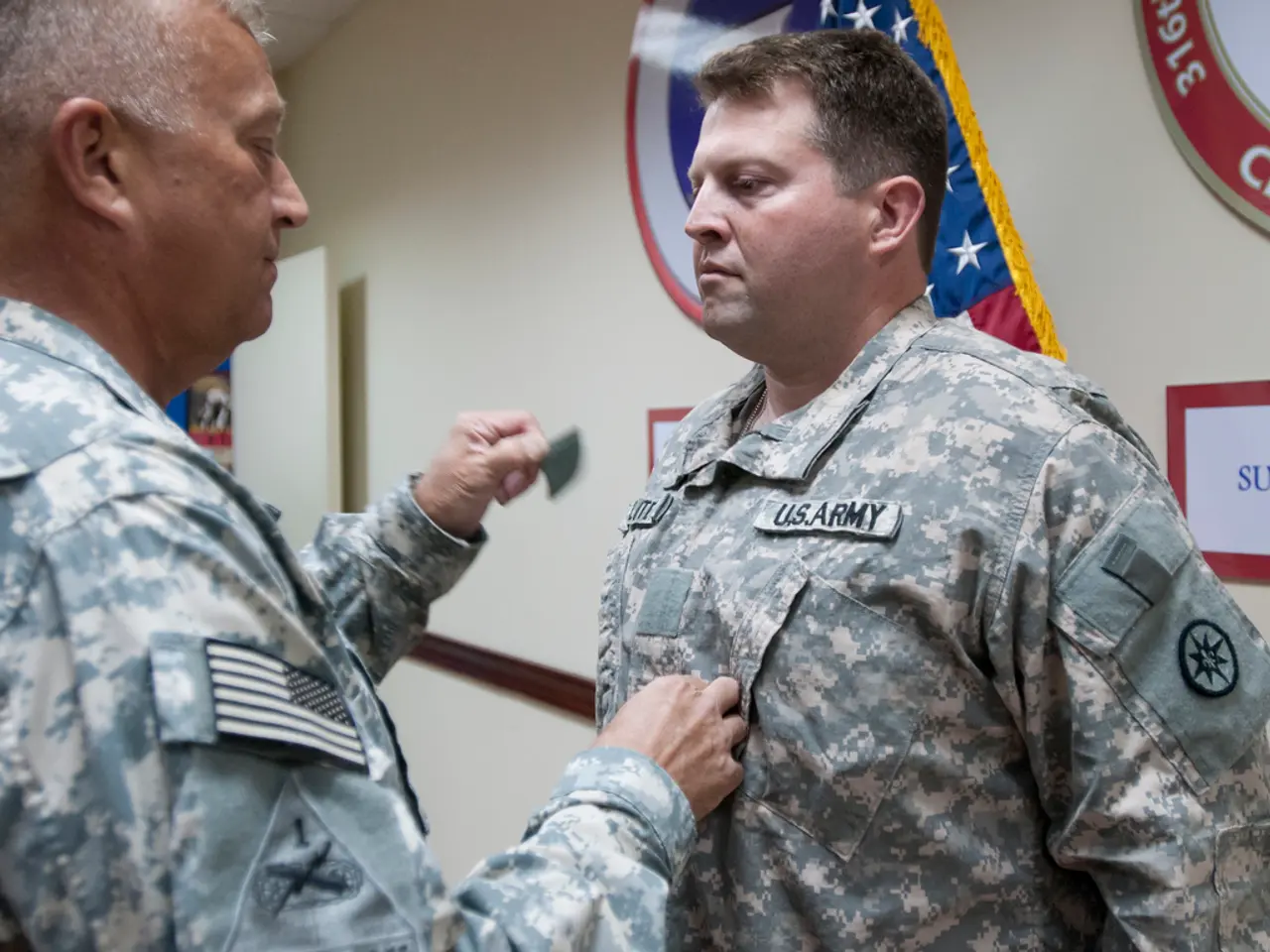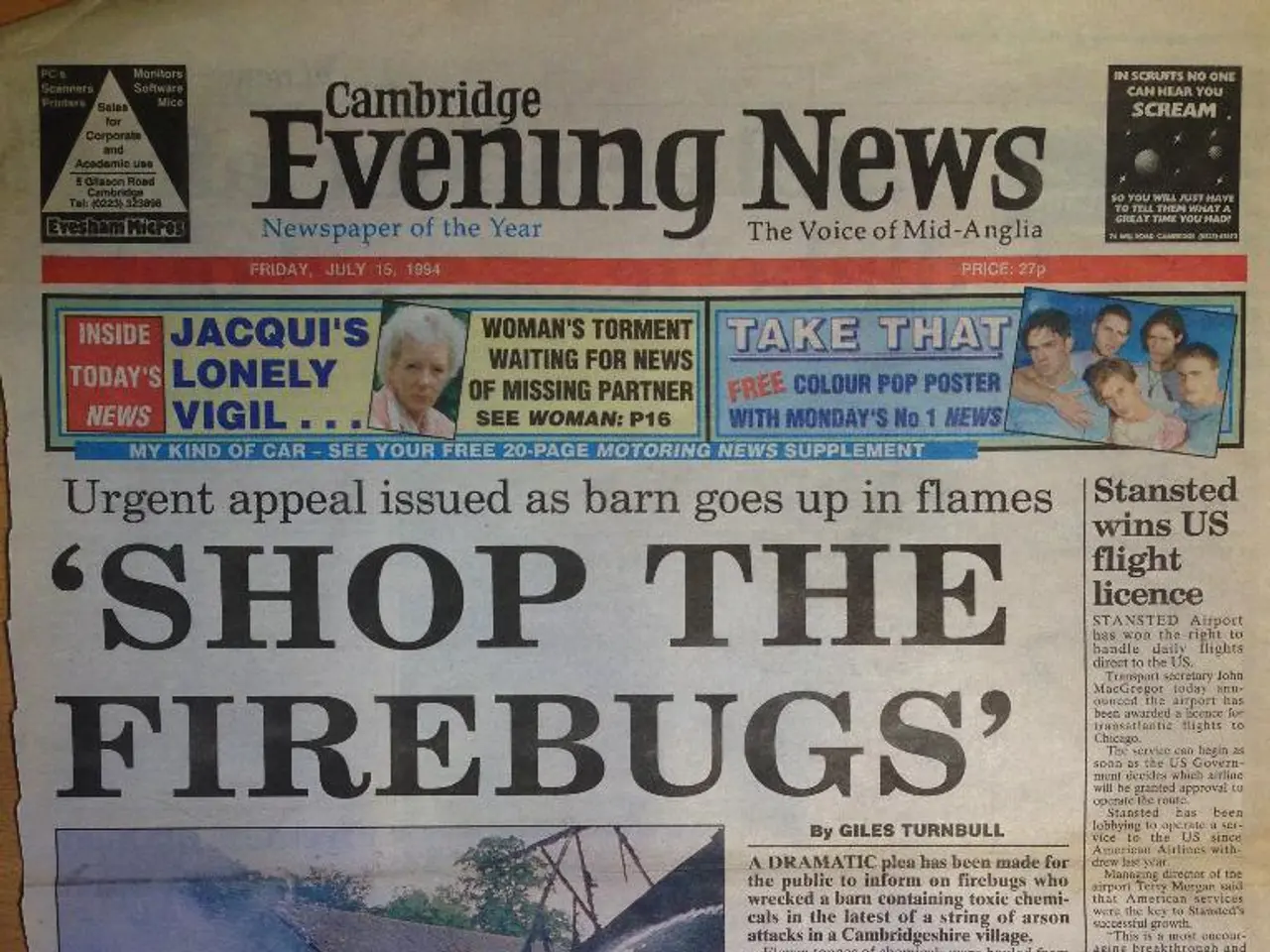Assessing the Long-Term Consequences of America's War on Drugs in Latin America
In the heart of Latin America, countries like Colombia, Mexico, and Central America have been deeply affected by the U.S. War on Drugs, a conflict that began in the 1970s. This fight against drug trafficking has left a lasting impact, characterised by prolonged violence, armed conflict, social instability, and the growth of drug trafficking organisations.
In Colombia, the war on drugs overlapped with armed conflicts involving leftist guerrillas and right-wing paramilitaries, who were deeply involved in drug trafficking. U.S. aid through programs like Plan Colombia, which provided about $10 billion primarily in military support, aimed to combat both drugs and insurgencies. However, the 2016 peace agreement with FARC has not completely ended decades of armed conflict, as residual violence persists due to dissident groups, armed criminal organizations, and drug traffickers, especially in rural areas.
Mexico, on the other hand, has seen the rise of drug cartels, partly linked to the displacement of drug routes caused by increased enforcement in other countries, notably Colombia. The U.S.-led approach, focused heavily on militarized tactics, has been criticised for fueling cartel growth and violence rather than curbing drug trafficking. The expansion of cartel power and associated violence has caused profound social and security crises in many Mexican regions.
Central America has also suffered severely. The U.S. War on Drugs contributed to the militarisation of security forces and the rise of anti-drug vigilante groups. This sometimes resulted in human rights abuses and the strengthening of criminal organisations rather than their dismantlement. U.S. support for right-wing governments and militias not only influenced narcotics trafficking dynamics but intensified violence and political instability across the region.
The militarised, punitive strategy of the U.S. War on Drugs has failed to eradicate drug trafficking and has often exacerbated violence and fragmentation in affected countries, fostering complex challenges of governance, security, and social development. Critics advocate for alternative policies focused on public health and social justice rather than military confrontation.
Key among these alternatives are decriminalization, public health frameworks, and a shift away from punitive enforcement. In some countries, partial legalization or harm reduction policies are being experimented with. However, U.S. policy remains cautious, with military aid continuing to flow and surveillance infrastructure expanding.
The legacy of the drug war is written in mass graves, refugee caravans, and hollowed-out institutions in Latin America. Former Latin American presidents from Brazil, Colombia, and Mexico have publicly denounced the drug war and called for a new approach. For Americans, the legacy of the drug war is etched in prison statistics, overdose deaths, and racial disparities.
As the debate around the War on Drugs continues, one thing is clear: a new approach is needed. The war was not just a fight against substances, but a fight over sovereignty, dignity, and survival in Latin America. Trafficking revenues fueled local economies, paid for schools, and filled the vacuum left by absent states. Cartels acted as de facto governments, providing order despite brutality. The drug war created an economy of consultants, weapons manufacturers, and advisors who had every incentive to sustain the conflict.
The drug war did not fail because its goals were wrong, but because its tools were blunt, its vision short-sighted, and its victims, too often, unseen. As we move forward, it is crucial to remember this lesson and strive for a more humane and effective approach to drug policy in Latin America.
[1] "Colombia's New President Gustavo Petro Wants to End Aerial Eradication of Coca Crops", Insight Crime, 2022. [2] "The Legacy of the U.S. War on Drugs in Latin America", Council on Foreign Relations, 2021. [3] "The Drug War in Latin America: A Failed Strategy", The Guardian, 2019. [4] "The Drug War's Unintended Consequences in Latin America", Brookings Institution, 2018. [5] "The Global Commission on Drug Policy Advocates for Decriminalization", The New York Times, 2016.
- The ongoing politics in Colombia, as demonstrated by the presidency of Gustavo Petro, includes a call for an end to aerial eradication of coca crops, a key aspect of the General-news topic surrounding the country's drug policy.
- The discussion on Crime-and-justice in Mexico is extensively documented in the article "The Legacy of the U.S. War on Drugs in Latin America" by the Council on Foreign Relations, highlighting the rise of drug cartels and the profound social and security crises they have caused.








